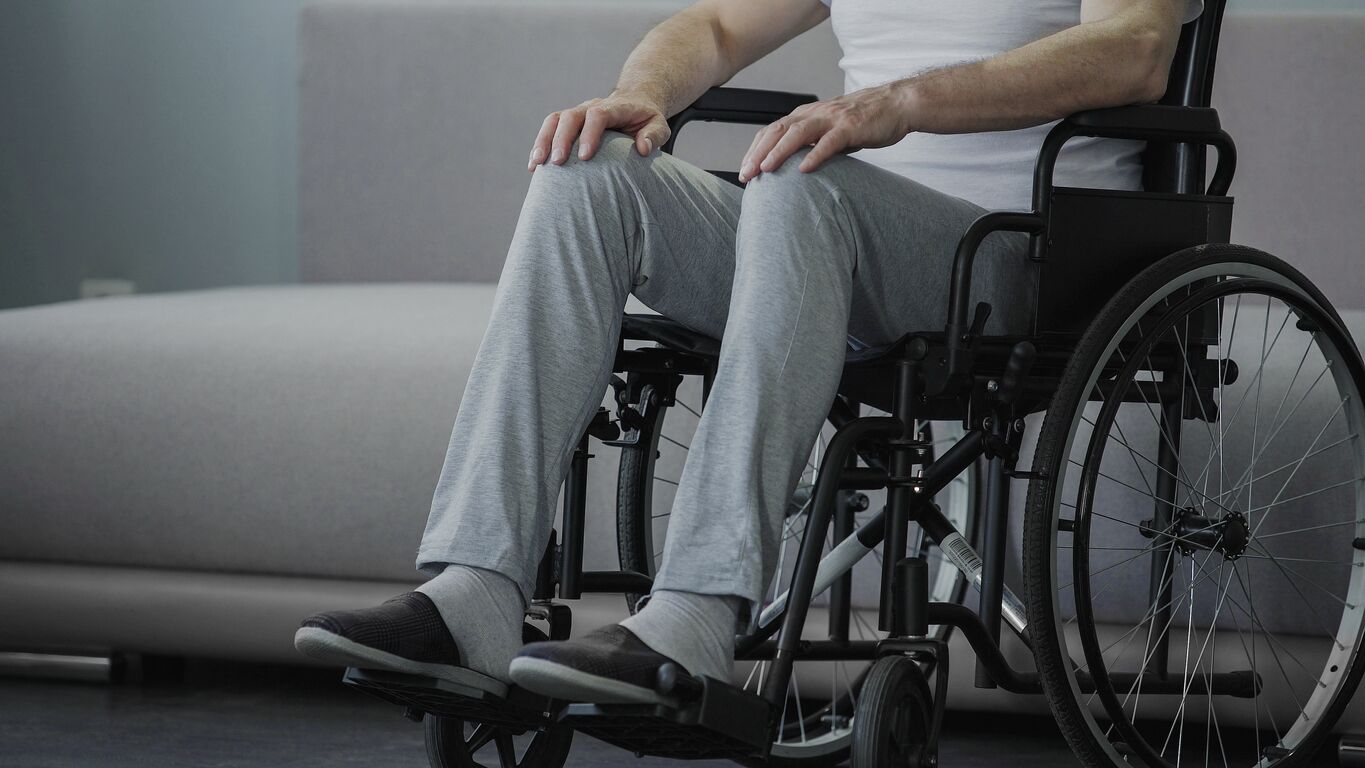Muscle spasms and spasticity are two common symptoms experienced by people with multiple sclerosis (MS). Spasticity is characterized by stiffness and a feeling of heaviness in the muscles, making them difficult to move. On the other hand, a muscle spasm is a sudden, involuntary stiffening of a muscle that can cause a limb to jerk or kick toward your body. These symptoms can range from mild, with a feeling of tightness in the muscles, to severe, with largely uncontrollable spasms.
But how does marijuana affect multiple sclerosis, and can it really help alleviate the debilitating symptoms of this chronic autoimmune disease? In this blog post, we’ll explore the latest research on the effects of marijuana on MS, including its impact on muscle spasms, spasticity, pain, and overall quality of life for MS patients.
How Does Medical Marijuana Affect Muscle Spasms and Spasticity?
The efficacy of medical cannabis in treating muscle spasms has been established through its interaction with the body’s endocannabinoid system (ECS). The cannabinoids THC and CBD bind with cannabinoid receptors in the ECS, with THC eliciting an anti-inflammatory response that serves to mitigate inflammation and muscle spasms brought about by injury or illness.
Numerous studies, including those conducted on multiple sclerosis (MS), a condition characterized by inflammation that affects nerve fibers, have validated the anti-inflammatory properties of medical marijuana. A study found that THC and CBD significantly reduced the phenotype responsible for inflammation in MS patients.
Another study on MS-related muscle spasms found that an oral cannabis extract improved spasticity in patients at twice the rate of a placebo. In a bigger trial with more than 500 participants, it was discovered that after a month of cannabis therapy, more than half of the people reported more than a 20% reduction in spasticity.
Medical marijuana can be a useful therapy option for patients with multiple sclerosis (MS) who experience muscle spasms and spasticity, but it should only be used under a supervision of a physician. Additionally, you should have a comprehensive evaluation to see if medical marijuana is a safe and effective therapy choice before using it to control your MS symptoms.
What are the Safety Considerations?
In the COMPASS trial, which looked at the safety of cannabis in MS patients, the most common adverse effects experienced by patients (about 2% to 5% of the 215 total participants) included unpleasant symptoms like headaches, nasopharyngitis, nausea, and dizziness. While a small percentage of patients reported amnesia, euphoria, sweating, and paranoia, most people who tried medical marijuana found it safe and effective.
A review by Nielsen delved deeper into the diverse adverse effects of cannabis and cannabinoid use in MS, concluding that while the side effects of cannabinoids were considered mostly mild, they were still more common than in the control groups of all evaluated studies. The authors noted, however, that the rate of serious adverse events was comparable to a placebo.
Despite these findings, patients who’ve tried medical marijuana report significant relief from their MS-related pain. However, the decision to use medical marijuana for treating MS-related pain should always be evaluated on a patient-by-patient basis by a qualified medical professional. Ultimately, it’s crucial to consider both the potential benefits and any possible risks when exploring treatment options for MS-related muscle spasms and spasticity.
Conclusion
In conclusion, understanding “how does marijuana affect multiple sclerosis” has shown that medical marijuana has promising potential in alleviating muscle spasms and spasticity in patients with multiple sclerosis. The cannabinoids THC and CBD found in marijuana interact with the ECS, leading to an anti-inflammatory response that helps reduce inflammation responsible for muscle spasms and spasticity.
At Pause Pain & Wellness, we specialize in providing comprehensive evaluations to determine whether medical cannabis is an option for patients, including for patients with MS-related pain and muscle spasms. Our team of medical professionals can help you determine if medical marijuana is a suitable treatment option for you and guide you through the entire process. Contact us today at 833-940-5060 to book a consultation.

